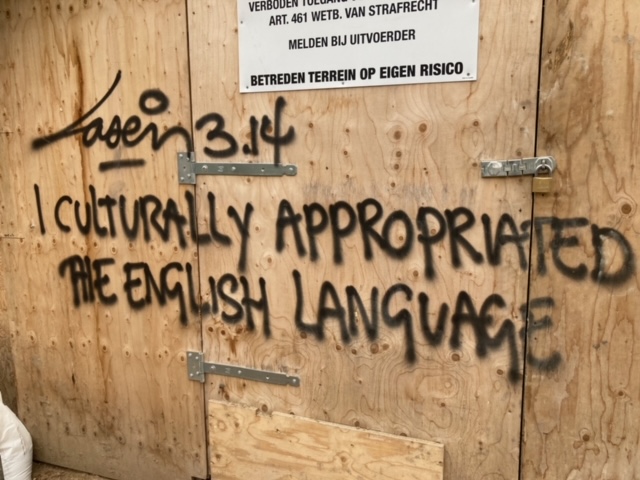The Advisory Council on Migration in the Netherlands has advised that employers should pay for Dutch language lessons for migrant workers. The council says that this would help migrants better integrate into Dutch society and improve their job opportunities. The call for action comes as new data shows that more than one-third of foreign workers stay in the Netherlands for more than five years.
The Council, which gives independent advice to the government, explained that workers who move to the Netherlands from other countries often find it hard to adjust and settle in if they don’t speak Dutch. Many of them remain in the country long term, especially those from outside the European Union, making language education a key tool for integration.
At the moment, one out of every ten workers in the Netherlands is a migrant. Around 34% of EU workers and 50% of non-EU migrant workers are still living in the country after five years. Because of this, the council believes both the Dutch government and employers must invest more in helping these workers learn Dutch.
The Advisory Council is not only asking employers to pay for Dutch lessons. It also suggests that migrant workers should be given time during work hours to attend these classes. According to the council, understanding the local language will help workers use their skills better, grow in their careers, and build stronger connections with Dutch colleagues and communities.
To support this idea, the council has also proposed a National Coexistence Programme, which would bring together the government, local councils, businesses, and social groups. The goal is to make sure migrants feel welcomed and supported throughout their stay in the country.
As part of this programme, employers should also be responsible for giving clear and simple information about worker rights and responsibilities in a language migrant workers can understand. The council also encourages more interaction between Dutch and international workers, which can help build unity and understanding in the workplace.
The council has asked both the central government and municipalities to offer more help at physical meeting points, such as support centres or community spaces. They want these places to host events and activities that are open to everyone, making it easier for migrants to meet others and feel part of the community.
According to Dutch news outlet NOS, political parties including PVV, VVD, NSC, and BBB support the idea of encouraging migrants to learn Dutch. Minister of Social Affairs and Employment Eddy van Hijum has also backed similar plans. He believes it could help more migrant workers stay in the Netherlands and solve the worker shortage in many industries. In fact, the government has already included Dutch language rules in its new integration policy introduced earlier this year.

